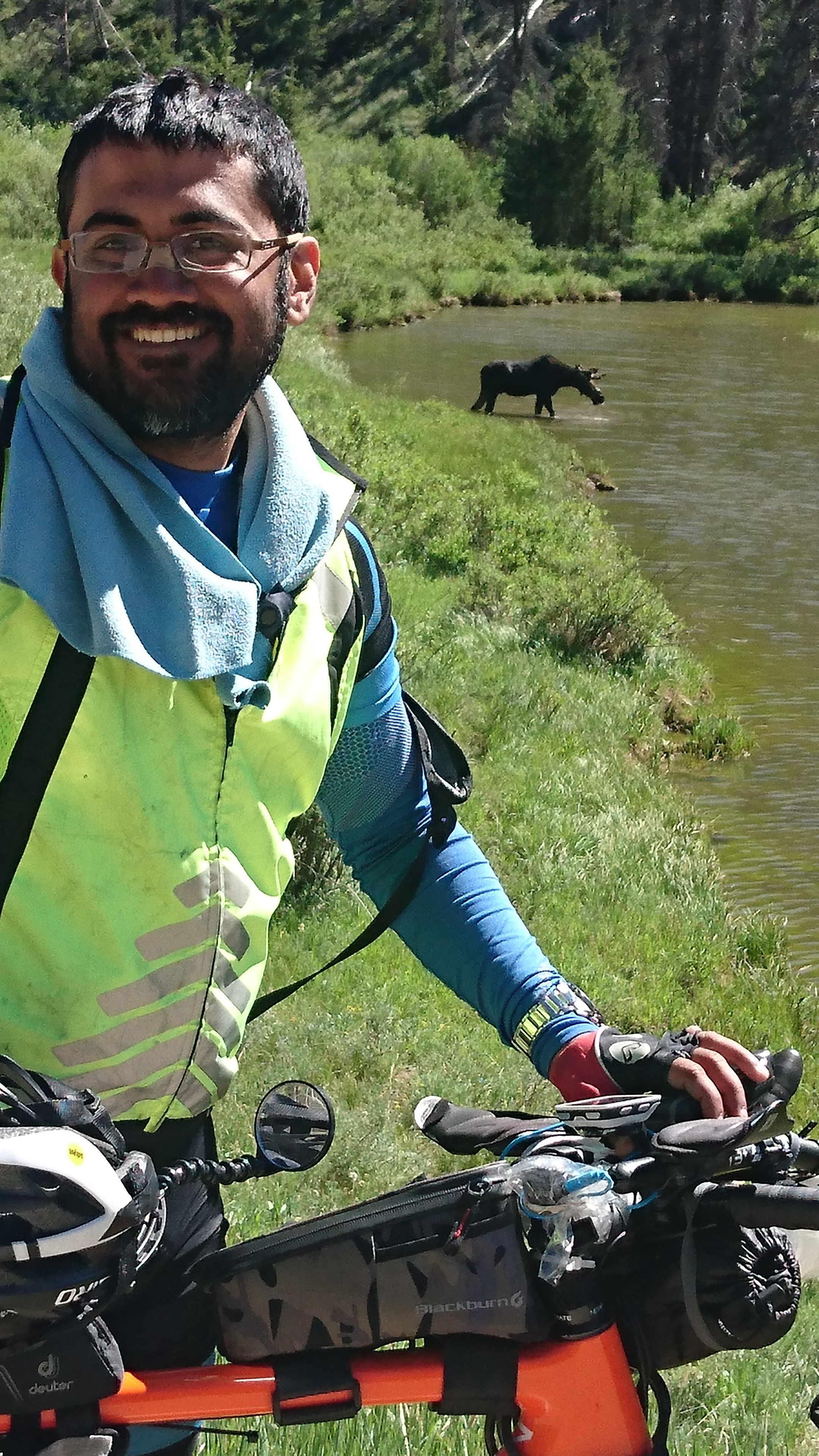The language, as we know it
I was watching a movie called ‘Just like heaven’, in which a character uses the word ‘Righteous’ where one would expect ‘Right’. When I thought about the usage, I realized that it was not exactly used out of place. I looked up origin of the word ‘Right’, wondering whether it was after all a truncated version of ‘Righteous’ and found something interesting. The earliest usage of the word ‘Right’ , in old English, dates to around the year 900 and means among other things morally correct and straight. It also is related to rectus, and hence to erect, and of course, to erection!
The word ‘Righteous’ is actually derived from ‘Right’ and not the other way round. It originally meant ‘Right-wise’, meaning all that was right. Now, what is interesting is that the moral part of the correctness is no longer associated with the word ‘Right’, as it now is more commonly used as a synonym to ‘ Correct’. When a question paper says ‘Circle the right answer’, it’s actually referring to the correct answer while ‘Do the right thing’ actually means the righteous thing. With the word ‘Righteous’ almost disappearing and the moral aspect getting dropped from ‘Right’, one can’t help but wonder if conscience and morals are slowly dying out in a language where words like awesome can now be used as an adjective to describe anything. Consider again, the word ‘Freak’. www.etymonline.com has this to show:
Freak (n.) 1560s,”sudden turn of mind,” of unknown origin, perhaps related to O.E. frician “to dance” (not recorded in M.E., but the word may have survived in dialect) [OED, Barnhart], or perhaps from M.E. frek “bold, quickly,” from O.E. frec “greedy, gluttonous” (cf. Ger. frech “bold, impudent”). Sense of “capricious notion” (1560s) and “unusual thing, fancy” (1784) preceded that of “strange or abnormal individual” (first in freak of nature,1847). The sense in health freak, ecology freak,etc. is attested from 1908 (originally Kodak freak,a camera buff). Freak show attested from 1887. The verb meaning “change, distort” goes back to 1911. Earlier, “to streak or fleck randomly” (1630s). For a word that is in active use by the younger generation, it’s certainly old! However, from ‘Freak of nature’, it has evolved much. Consider the following sentences.
1) A freak accident left five dead.
2) Shoaib Akhtar works up freakish pace when he bowls.
3) My mom will freak out if she sees the telephone bill.
4) Let’s freak out.
5) You are freaking me out.
6) Sachin is friggin awesome! What seems clear is that the actual meaning of the word hardly seems to matter as long as it seems to be popular. Why else for God’s sake is the word ‘like’ used to fill in pauses? If there were to be a speech in English by somebody like the former prime minister of India A.B. Vajpayee, (who was notorious for his pauses mid-speech) and all the pauses were changed to the word ‘like’, you will come up with something that would seem like the work of gennext.
